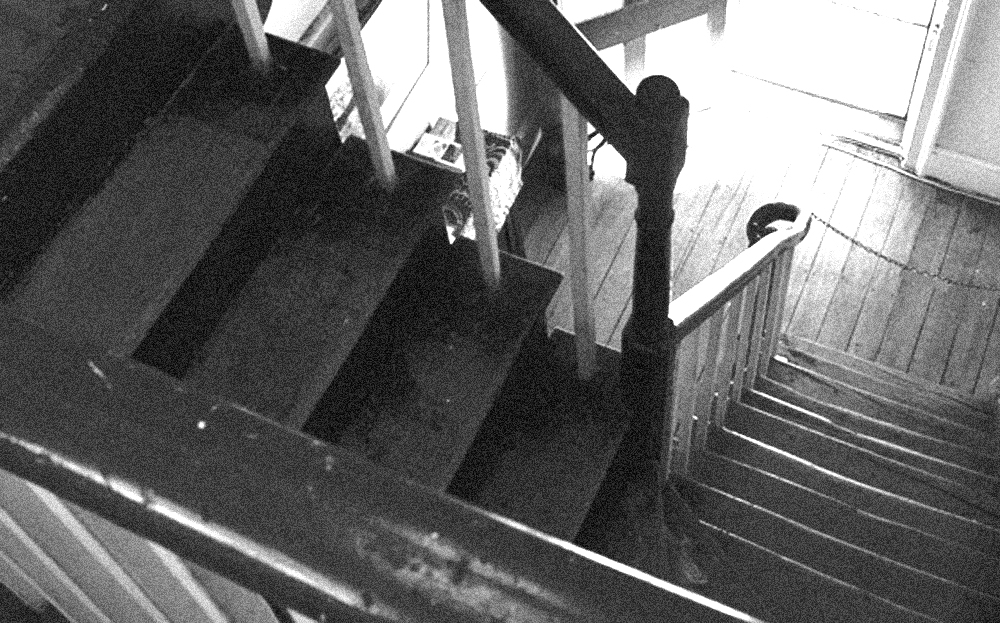
Will you try an experiment with me?
Read this excerpt from a short story I’m working on:
“A pleasure,” I said, and he must have heard me, for he bowed his head. Then he turned and walked down the stairs.
Now compare:
“A pleasure,” I said, and he must have heard me, for he bowed his head. He turned and walked down the stairs.
Which version do you prefer? Do you think something different is happening in each version, or do the characters’ actions and reasons seem to be the same in both?
Next time you’re editing a piece and you come to a “then,” try taking it out and see what you think. I’ll bet in some cases that it will improve your piece by making it cleaner, and in others it will make your piece worse because it will make it mean the wrong thing. Unfortunately for my story, it seems to do both:
1. Style: This excerpt seems cleaner if I take out the “then.”
2. Meaning: With “then,” I read this passage as narrating two separate events: the characters interact, and one character leaves. Without “then,” the two events seem to be connected: It’s easier to interpret his leaving as caused by their interaction, rather than simply happening after it.
I want it to be clean (no “then”), but I also want the events to be unconnected (yes “then”). Probably the solution is to rewrite the whole section so that this question goes away.
I started writing this essay because some uses of “then” bother me. Jonathan Franzen has a whole essay arguing against the use of what he calls “comma-then.” I find myself marking certain uses of “then” when I beta read, even though I sometimes can’t figure out why they bug me.
I don’t want to make some kind of free floating writing rule about “then.” It’s very likely that the question must be solved anew for each story and each situation. Maybe for one story you’ll need a first-person narrator who frequently says “then” as part of his narrative voice. Maybe another story will be so clean after you take out all the “then”s that Hemingway’s ghost will come to your house and bless you. Maybe there are effects of “then” that I haven’t yet discovered.
Here’s what I say, which is what I always say: Try it. Write more. Keep going.
And I’ll see you Tuesday.
I have often gone back and forth, back and forth on the “then” and the “and then” question. I almost always delete “and then” because it seems wordy, (but there’s still a place for it sometimes) but the particular thing that bugs Franzen (She walked five miles, then stopped, confused) seems to me to me perfectly outside MFA workshops. His objections seem a bit weak. But a truly thought-provoking article! Thanks